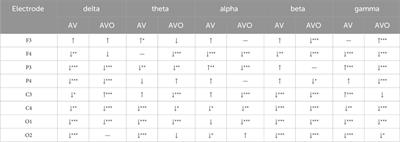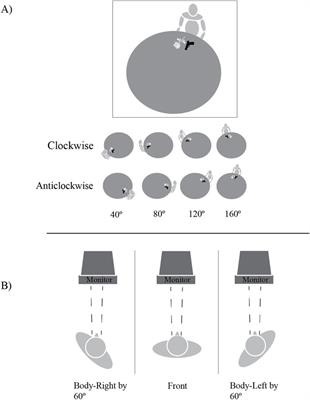ORIGINAL RESEARCH
Published on 23 Dec 2024
Stop to smell the virtual roses: a mixed-methods pilot study on the impact of multisensory virtual reality nature experiences on feelings of relaxation

doi 10.3389/frvir.2024.1451704
- 647 views
256
Total downloads
3,150
Total views and downloads
ORIGINAL RESEARCH
Published on 23 Dec 2024

ORIGINAL RESEARCH
Published on 19 Nov 2024
